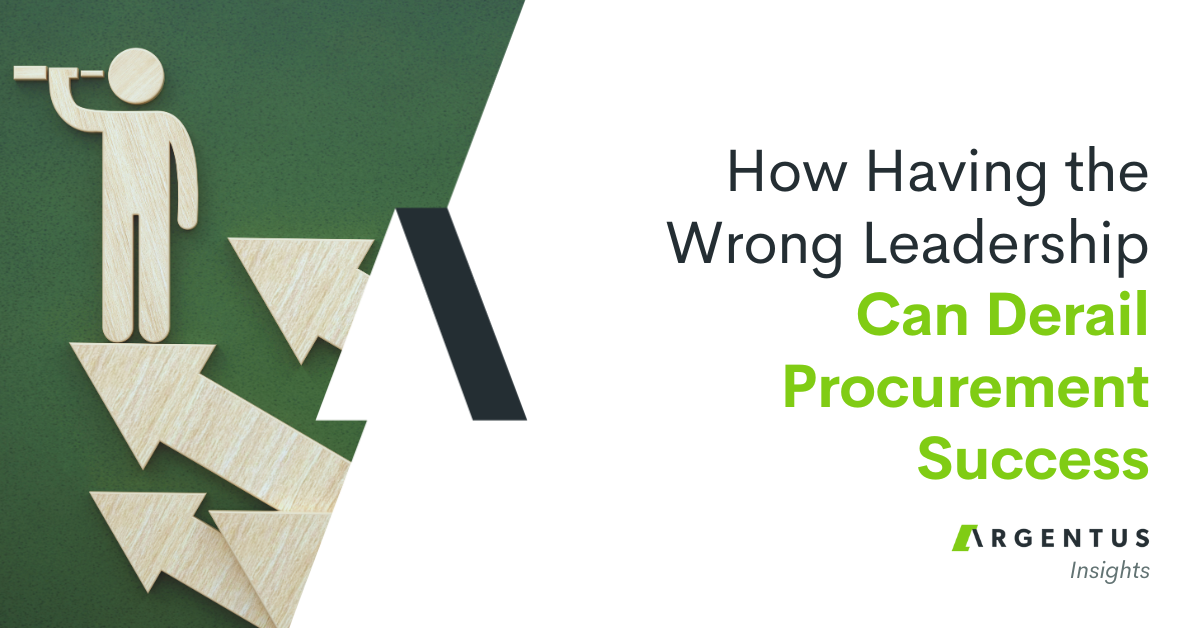Supply Chain is a complex and ever-evolving field. For that reason, it can be tough to fully understand the differentiated roles and skillsets for the different subdisciplines that are involved in bringing a product to market. This can lead to confusion for candidates looking for new roles, and occasionally clients looking to hire.
Here’s a recent example of the former: a client just approached us who was hiring for a Category Management role. This client has posted the position on his own, and has had a number of applications from candidates who don’t have the right background: they’re individuals who hold the title of “Category Manager” in their current roles, but they’re actually better described as “Buyer” in what they do. It’s a headache for the client because he has to explain to lots of candidates in rejection letters why they aren’t a good fit.
We get it. Within Procurement (which is already a sub-category of Supply Chain), there are an often-bewildering array of job titles and qualifications. There’s often overlap in terms of shared job titles, even in the absence of shared responsibilities.
Luckily, Argentus’ recruiters are specialists in the field who pride ourselves on a deep understanding of the field as it grows and changes. In the interest of clarity and understanding, we put together this handy guide to help candidates and others understand these two Procurement roles: what’s the difference between a Buyer and a Category Manager? What skills are needed for each? and where does occasional confusion arise?
Buyers:
Definition: A Buyer is an individual tasked with managing the purchasing process for a good(s) or a service(s) for a company. This includes running the purchase order with a set supplier base. For example, if a company decides that they need 5,000 pens from a certain supplier, they would task a Buyer with executing the purchase from start to finish, and providing documentation of the process.
An easy way to describe it is that a Buyer is not tasked with figuring out what to buy or who to buy it from, but how to buy it. (Although a Procurement Specialist, which is slightly more senior, would help identify new suppliers).
Skills required to be a buyer: attention to detail, strong customer service skills, analytical skills and strength with numbers. Buyers do not need to necessarily have strong understanding of the details of what they buy or the business needs underlying their purchasing activities.
Where confusion arises: Often, a buyer will have a job title of “Category Manager” even if their role is purely transactional. This might be because, in their organization, they’re tasked with buying a certain category of goods or services for direct (used in production) or indirect (used in the operation of business) purposes. For example, they might be buying metal fittings for use in manufacturing, or maintenance services. But unless the individual has experience managing the process and helping determine the company’s strategic vision for that category, they might have trouble applying for category manager roles. They’re a Buyer in responsibilities, if not in title.
Category Managers:
The tricky thing is that there are actually at least two different types of Category Managers, depending on the industry: Retail Category Managers and Indirect Category Managers.
Retail Category Managers: A Retail Category Manager is a Procurement Professional responsible for a certain category of goods at a retailer (or wholesaler). For example, a supermarket chain may have a Category Manager in charge of produce. They’re in charge of purchasing those goods from suppliers for sale on store shelves. However, what separates these individuals from Buyers is that Retail Category Managers often have a sales and marketing component to their jobs. They need to help develop the overall retail strategy for that category of goods by looking analytically at current trends, seasonality and other factors – almost like a demand planner. A Retail Category Manager requires lots of foresight to be able to anticipate future trends for a particular category.
(Another wrinkle: Consumer Goods companies will also have Category Managers who are in charge of selling goods in a certain category to Retail Category Managers).
Indirect Category Managers Definition: This is the role that the above-mentioned client was hiring for, and it’s also the role that’s most commonly titled “Category Manager.” This role is a very specialized Procurement role in a particular category such as IT, Travel, or Professional Services. Unlike a Buyer role, a Category Manager is strategic, with oversight over the sourcing and Procurement process. They’re managing the company’s vendor relationships for the particular category. They often need to have specific expertise in their category (for example an IT Category Manager might have an IT background) because they’re tasked with deciding what to buy to help the organization achieve their strategic goals – and helping implement those purchases. Their job also involves interaction with a number of internal stakeholders.
Skills required to be an Indirect Category Manager: Sourcing, RF(x) expertise, contract negotiation, strong communications and relationship building skills, ability to manage vendor relationships, an understanding of service level agreements.
Where confusion arises: Occasionally, a category manager will have a job title of “Buyer” even if their role has strategic oversight over the Procurement process. But this is much less common than the other way around.
—
The lesson is: read the job description carefully before you apply for a job, and don’t just look at the title. You can’t always assume that a title will be accurate because (especially in a large organization), hiring managers often need to go through a complex process to change a posted job title. The description itself tells the whole story.
So there you are. Please forward this article to anyone in your network in Procurement, to help everyone understand the differences between these two vital procurement roles. Post it, share it, and let’s put an end to any confusion once and for all!
Thanks very much to the Argentus Recruitment team for contributing their expertise to this article!




0 Comments